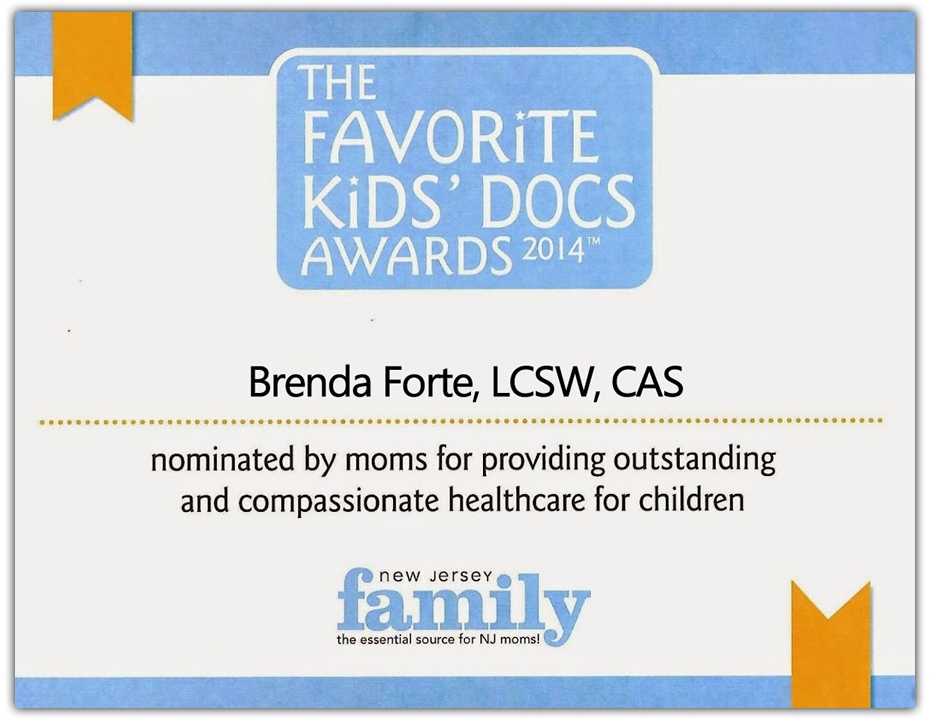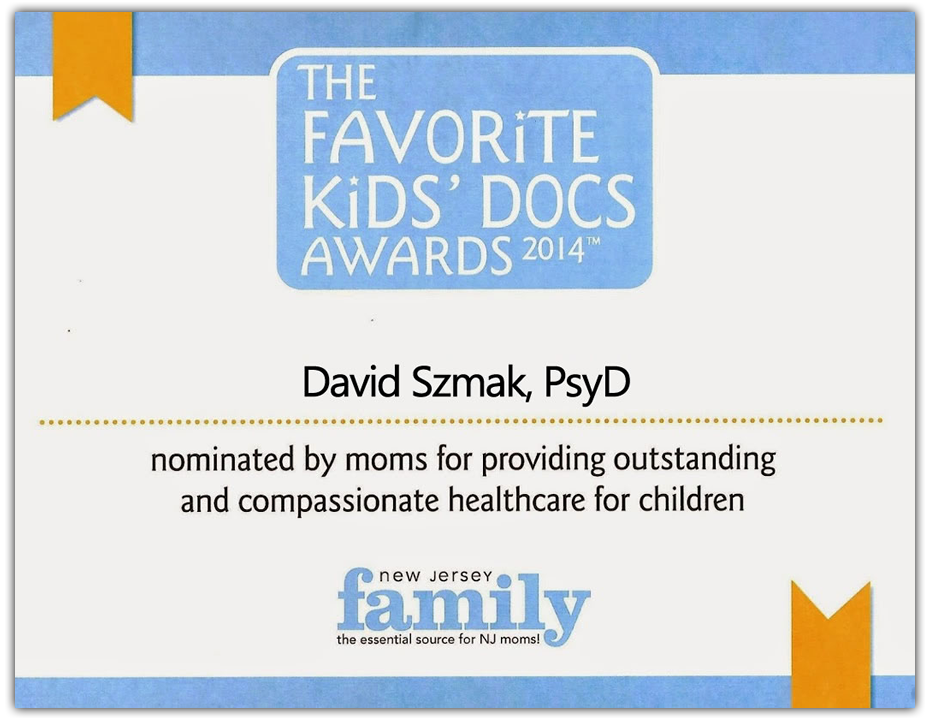For many adults, understanding, articulating, and processing our emotions can be challenging. Now, try to envision this experience through the lens of a child or teenager. Better yet, transport yourself back to the shoes of your younger self.
Did the shift from one academic grade to another trigger anxiety? Were you ever subjected to bullying? Did you endure the heartbreak of your parents' challenging divorce? Or perhaps you suffered trauma? We all managed our unique set of trials during our formative years. Unfortunately, not all of us had the chance to seek the assistance of a child or adolescent therapist during those times.
Thankfully, that is changing. Therapy is more recognized and available today, helping adults and children alike. If you think that your child might benefit from discussing their feelings with a mental health professional due to their struggles with emotional, social or behavioral issues, consider arranging a consultation with a child therapist.
What is Child Therapy?
Therapy with children can take many forms. The common foundation for children’s therapy is the rapport with the therapist who aims to create an atmosphere where the young person can feel free to be honest and expressive through whatever medium is most appropriate. Depending on the child’s age and circumstances, this can include a combination of conversation, expressive play (including sand trays, puppets, and art therapy), role playing, therapeutic games, parent-child meetings, family therapy, parent guidance and much more. The goal of therapy is to help the child become engaged in understanding more fully what is happening in their lives and within themselves, which will allow them to co-create meaningful and effective responses.
How do I know when to seek therapy for my child?
Knowing when to seek therapy for your child can be a difficult decision. Noticing shifts in your child's behavior, such as defiance at home or school, or a sudden change in their usual interests and habits, may be an indication your child needs help. These changes might involve a significant shift in eating or sleeping patterns, or even a loss of interest in previously loved activities.
Excessive worrying, sadness, or sudden regressions like bedwetting, frequent tantrums, separation anxiety, or resorting to 'baby talk' can also be signs your child may benefit from counseling. Social isolation, such as regularly eating alone, avoiding social activities, or showing a reluctance to leave the house can also signify underlying emotional issues. The most crucial sign, however, is if your child begins to discuss self-harm, in which case immediate professional help should be sought. Overall, it's vital to pay attention to these signals to ensure your child receives the support they need as early as possible.
Child Therapy at The Institute for Change
The Institute for Change offers comprehensive mental health services for children and adolescents from ages 3 through young adulthood. The therapy process begins with a parent-therapist consultation where parents can articulate their concerns while the therapist gathers relevant information about the young person’s present life and their history. Subsequent meetings may be with the young person alone, with parent(s) and child, with the family, or some combination of these. The selection of these modalities will be discussed with the child and parents after the clinical assessment by the therapist.
IFC therapists are extensively trained and have years of experience in the treatment of anxiety, depression, trauma-related symptoms, ADHD, family conflict, social issues, learning differences and other conditions. Our multidisciplinary team of professionals provides various therapeutic services including individual therapy, family therapy, and parent guidance. These specialists can help children explore complex problems, thus making them more manageable to talk about, comprehend, and tackle. We value parental involvement in the treatment process and aim to provide tools for success in all facets of daily life, ultimately empowering the family as a whole.



